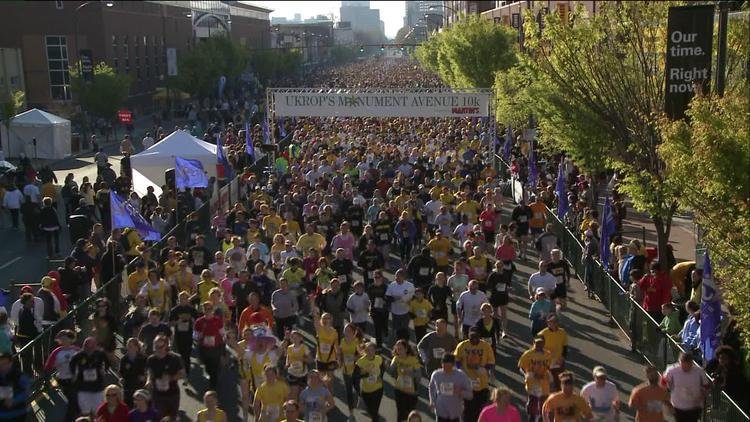Found this article which may be of interest, eplabdigest.com/management-...
I'm heading for a consultation with my surgeon this week with a view to ablating so found this and this one which I might have posted on a reply to another post recently of interest ncbi.nlm.nih.gov/pmc/articl...
Take Care Out There

 slow it is but having stuck to it fairly religously, I have seen an improvement in my ability to train and we are talking our hearts here, so I'm not looking for bragging rights, just very happy to be able to train, all be it at a lower intensity and feel good about me and the universe.
slow it is but having stuck to it fairly religously, I have seen an improvement in my ability to train and we are talking our hearts here, so I'm not looking for bragging rights, just very happy to be able to train, all be it at a lower intensity and feel good about me and the universe.